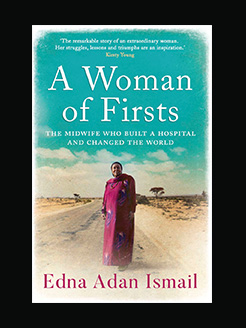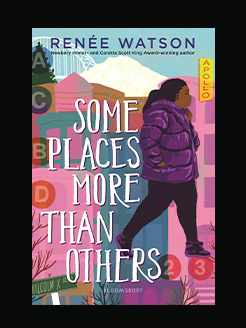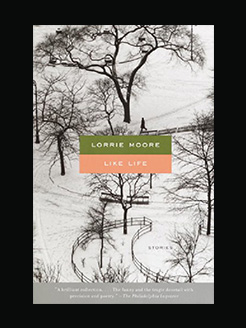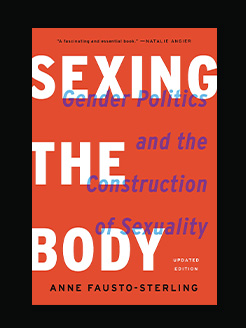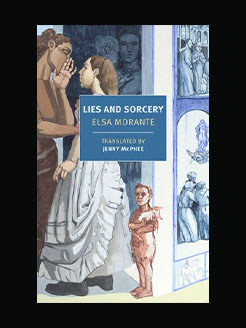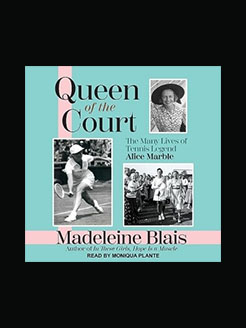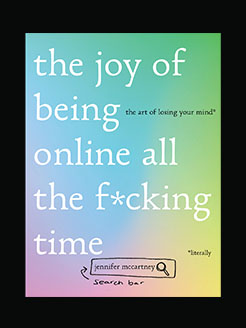Published in 2018
288 pages
Sang-kyung Lee is Professor of Modern Korean Literature at the Korea Advanced Institute of Science and Technology (KAIST). Her area of research is the history of modern Korean literature and Korean women’s writing, and she has been a visiting professor at the University of California, Irvine. She was editor of the Korean-language collected works of Kang Kyeong-ae and Na Hye-seok and co-editor of Rat Fire: Korean Stories from the Japanese Empire.
Anton Hur was born in Stockholm, Sweden. He is the winner of a PEN Translates award, a Daesan Foundation grant, and multiple LTI Korea and Publication Promotion Agency of Korea grants. His translations include Kyung-Sook Shin’s The Court Dancer (Pegasus Books), as well as stories in Words Without Borders, Asymptote, Slice, Anomaly Literary Journal, and others.
What is this book about?
Kang Kyeong-ae (1906-1944) was a Korean writer whose stories are remarkable for their rejection of colonialism, patriarchy, and ethnic nationalism during a period when such views were truly radical and dangerous. Born in what is now North Korea, Kang wrote all her fiction in Manchuria during the Japanese occupation and witnessed the violence and daily struggles experienced by ethnic Koreans living in the Japanese puppet state of Manchukuo. Kang’s riveting stories are full of sensitivity, defiance, and a deep understanding of the oppressed people she wrote about.
This collection, beautifully translated by Anton Hur, contains all the Korean-language short stories by Kang Kyeong-ae. Sang-kyung Lee’s excellent introduction provides deep insight into Kang’s achievements and the social and historical contexts in which she wrote.
Here are two helpful and well-written reviews:
The Underground Village: Short Stories by Kang Kyeong-ae anthologizes the major short fictions by Kang Kyeong-ae, one of the most innovative writers of colonial Korea, rendering them into natural and graceful English. Kang’s stories of poverty and hardship, often featuring female protagonists and set in Japanese-occupied Manchuria, cross multiple borders, those of race, gender, geography, culture, ideologies, and literary schools, thus forcing us to reconsider our notions of feminism, Marxism, modernism, socialist realism, and ‘Korea’. —Jin-kyung Lee, Associate Professor of Korean and Comparative Literature, University of California San Diego
Kang is an important representative of Korean women during the Japanese colonial era; a rare reflection of lower-class women’s voices. Moreover, Kang brilliantly captured the zeitgeist as a writer who witnessed participants in armed struggles against the Japanese, testifying to their suffering and validity, and she was able to convey all of this to colonial Korea directly under Japanese rule. —Sang-kyung Lee, Co-editor of Rat Fire: Korean Stories from the Japanese Empire
